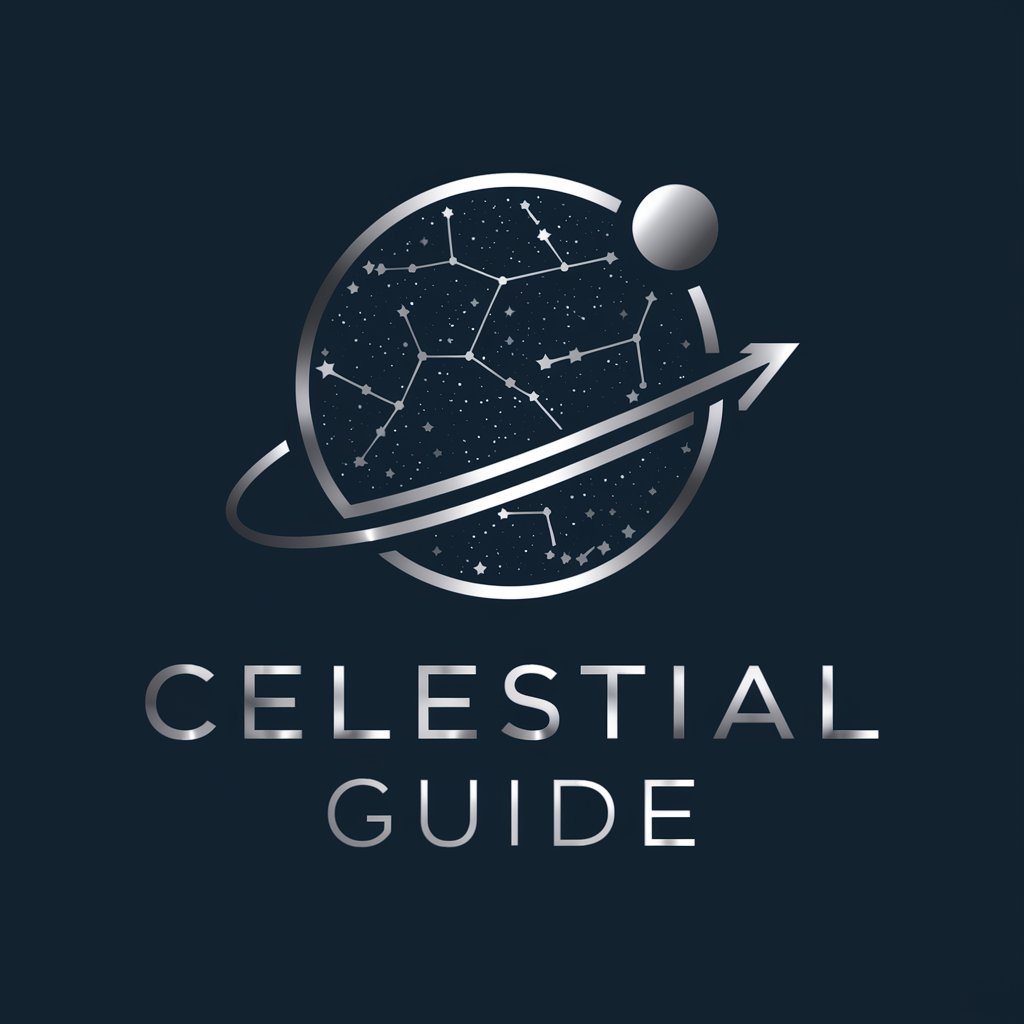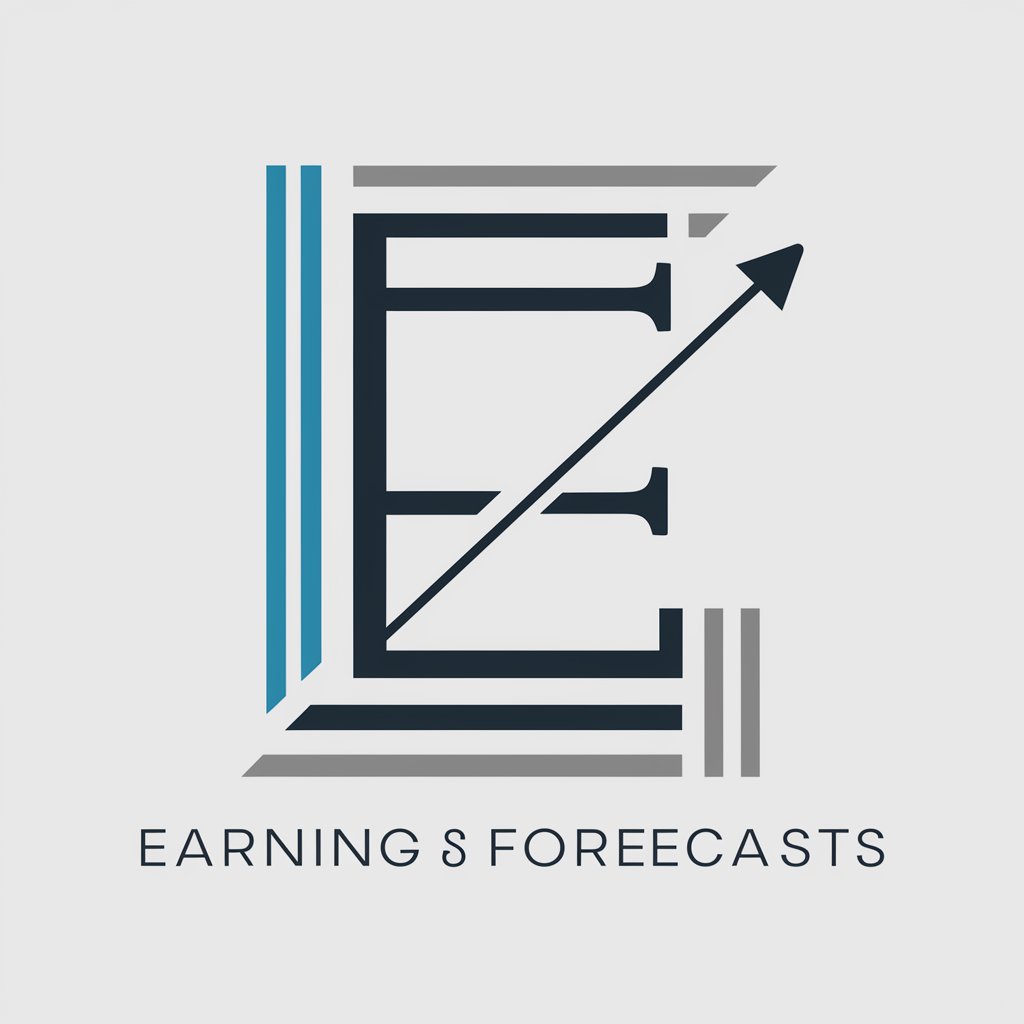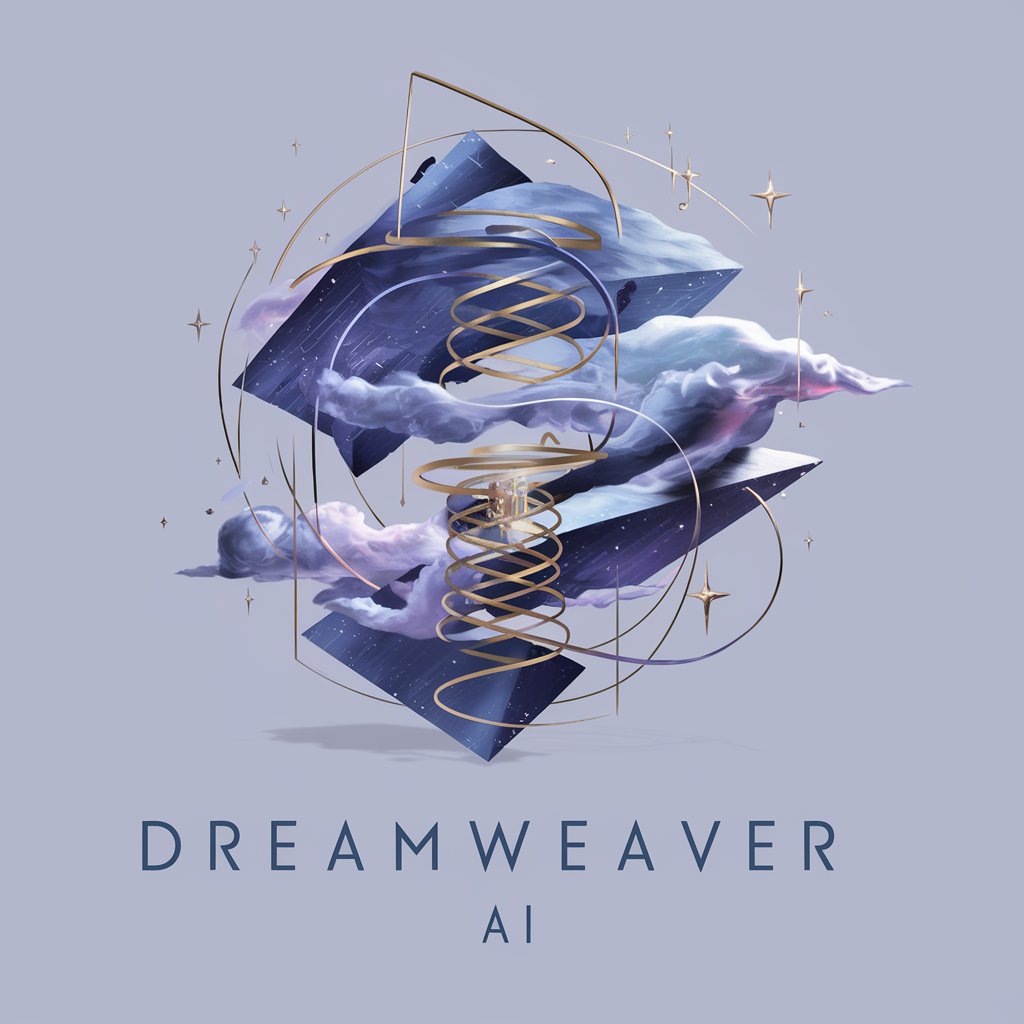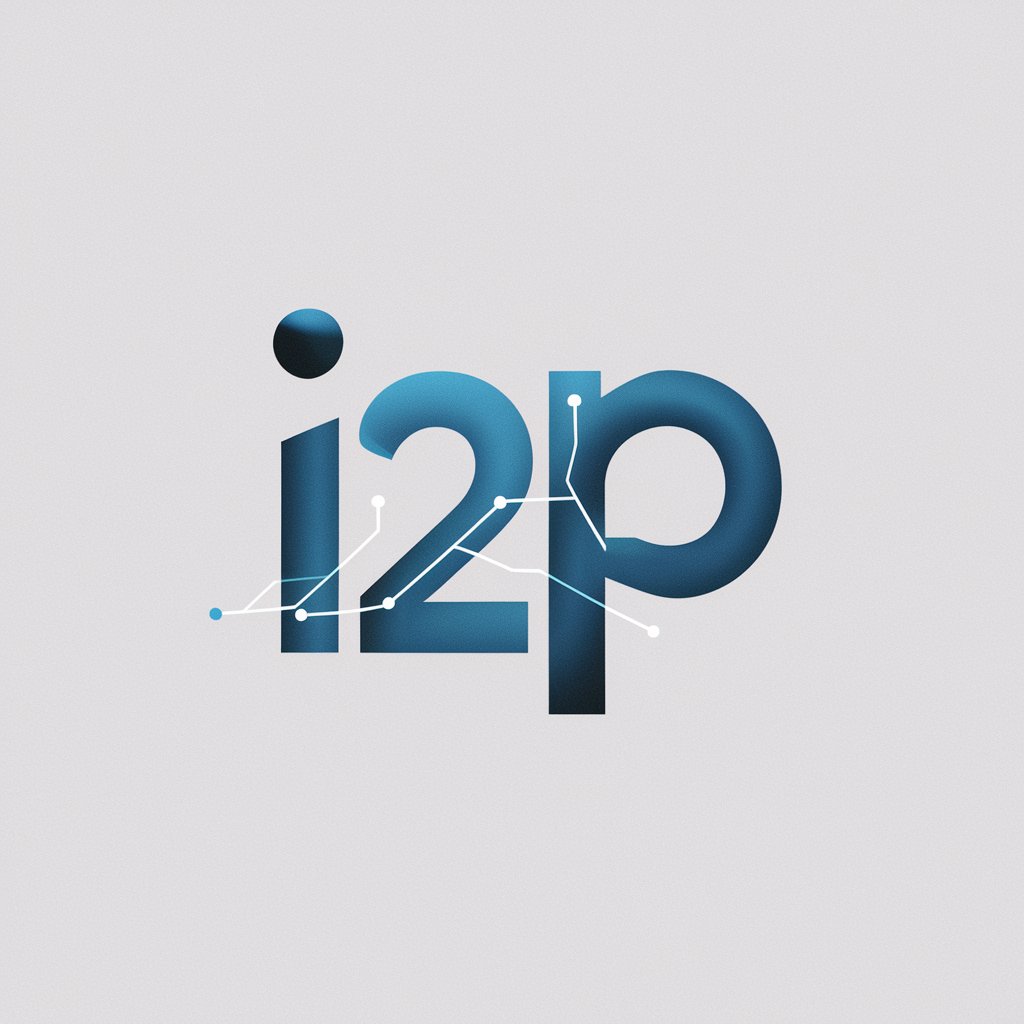Celestial Guide - Celestial Event Tracker

Welcome to Celestial Guide, your source for astrological insights and celestial event information.
Explore the cosmos with AI-powered guidance.
Can you explain the significance of the upcoming lunar eclipse?
What are the major celestial events happening this month?
How do solar flares affect Earth and our daily lives?
What is the historical importance of the constellation Orion?
Get Embed Code
Introduction to Celestial Guide
Celestial Guide is designed as an educational and practical tool for anyone interested in the movements and phenomena of the celestial sphere. Its core purpose is to map out astrological events, providing users with accurate timings, detailed explanations, and the significance of various astronomical occurrences. Unlike services that offer personal astrological predictions, Celestial Guide focuses on the educational aspect of astronomy, aiming to enrich users' understanding without overwhelming them. For example, it can detail the phases of the moon, explain the visibility of planets, or forecast meteor showers, all while integrating with calendar apps for convenient reminder setups. Powered by ChatGPT-4o。

Main Functions of Celestial Guide
Mapping Astrological Events
Example
Detailed schedules and explanations for events like solar eclipses, lunar eclipses, and planetary transits.
Scenario
A user planning to observe the next lunar eclipse can get precise timings, visibility details based on their location, and tips for observation.
Integration with Calendar Apps
Example
Enabling users to set reminders for celestial events they're interested in observing.
Scenario
A hobbyist astronomer can mark the peak night of the Perseid meteor shower in their digital calendar, ensuring they don't miss out on the opportunity to observe or photograph the event.
Educational Content
Example
Articles and resources explaining the science behind celestial events, tailored to both beginners and advanced enthusiasts.
Scenario
A teacher preparing for a class on the solar system can use Celestial Guide to find accessible information on planetary alignments, using it to create an engaging lesson plan.
Ideal Users of Celestial Guide Services
Astronomy Enthusiasts
Individuals with a passion for the night sky, seeking to enrich their knowledge and observation skills. Celestial Guide provides them with detailed event schedules, educational content, and practical observation tips.
Educators and Students
Teachers looking for resources to supplement their science curriculum and students pursuing studies in astronomy or those with a budding interest in the subject. The tool offers accessible information that can enhance learning and engagement.
Professional Astronomers
Though primarily educational, professionals in the field can benefit from the concise event summaries and reminders, aiding in research planning or public outreach activities.

How to Use Celestial Guide
1
Start by accessing yeschat.ai to explore Celestial Guide's features for free, no registration or ChatGPT Plus subscription required.
2
Select the 'Celestial Events' feature to view upcoming astronomical phenomena. This includes planetary alignments, meteor showers, and eclipses.
3
Utilize the 'Event Reminder' function to set up notifications for celestial events of interest. This can be done through integration with your calendar app or via text message alerts.
4
Explore educational content on the significance and scientific background of various celestial events to enhance your understanding and appreciation of the night sky.
5
Engage with the 'Observation Tips' section for advice on the best times and conditions for observing different celestial phenomena, including recommended equipment.
Try other advanced and practical GPTs
EarningsForecasts
Predicting Stock Trends with AI Precision

The Notion Build Assist
Enhancing productivity with AI power.

Color
Illuminate your world with AI-powered color guidance.

Fashion Guide
AI-Powered Personal Fashion Stylist

Innovator Muse
Bringing Dreams to Digital Life

PC Builder
Tailored PC builds with AI precision

CBT Therapist
Empowering Mental Wellness with AI

Customer Ranker
Decipher customer value with AI precision.

Safetech Image Assistant
Empowering visuals with AI creativity

ScriptVid Creator
Crafting Your Ideas Into Scripts with AI

i2p
Empower Your Creativity with AI

Dog Wash
Streamlining Pet Grooming with AI

Frequently Asked Questions about Celestial Guide
What is Celestial Guide?
Celestial Guide is an AI-powered tool designed to provide detailed information on astronomical events, including timings, significance, and observation tips. It aims to educate users and facilitate the setting of reminders for celestial occurrences.
Can Celestial Guide help plan stargazing activities?
Yes, Celestial Guide offers observation tips and best viewing times for various celestial events, making it an invaluable resource for planning stargazing sessions.
How does Celestial Guide integrate with my calendar app?
Celestial Guide allows you to set up event reminders directly in your calendar app, ensuring you don’t miss any upcoming astronomical phenomena of interest.
Does Celestial Guide provide personalized astrological predictions?
No, Celestial Guide focuses on astronomical phenomena and their timings, rather than personal astrology. It offers educational content and practical observation advice.
Is Celestial Guide suitable for educational purposes?
Absolutely, Celestial Guide is designed to be an educational tool, offering detailed explanations of celestial events that can be valuable for both students and educators interested in astronomy.
